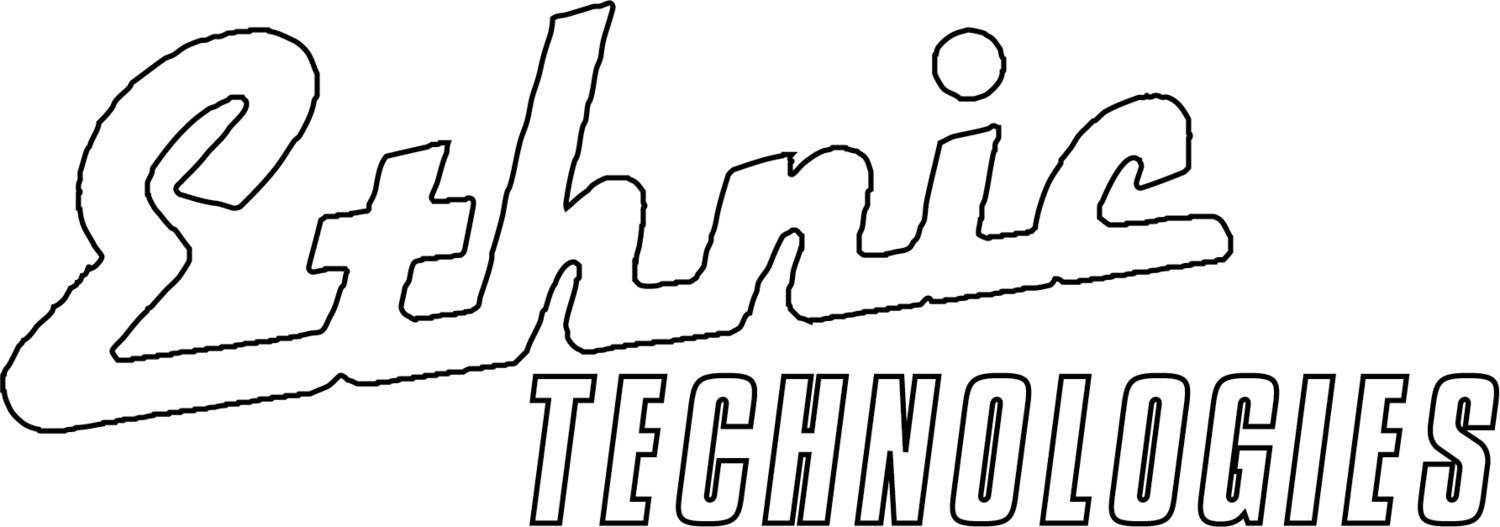Written by Damon Amador
If you’re an American traveling in another country, and someone asks you what nationality you are, you’d probably say you’re an American. If someone asks you that in the US, however, you’d probably fall back onto your ancestry, talking about the nationalities of the two sides of your family. That’s not true for everyone; according to the American Community Survey (ACS), there are communities of Americans that are much more likely to answer “American” both times.
Many people in the US say that they have American ancestry (not Native American, just, American). Several counties in Kentucky, Tennessee, Virginia, and Florida report as high as 40-50% American when answering the ACS question, “What is [your] ancestry or ethnic origin?” Why is this? Did some people forget their ancestors? Or did they simply lose their heritage culture in favor of an American one?
There’s an interesting parallel story in Mexico. Mestizo was a term originally used to identify mixed race Mexicans during colonial times. This took a turn in the early 1900s, when the Mexican government promoted a “Mestizo identity” to unify the country and its people. The word became more of a cultural identity than a biological one, with the majority of present day Mexican citizens identifying themselves as such.
Will the US one day also have majority reporting American Ancestry? The numbers have been slowly rising each year, going from 20 million in 2011 to nearly 23 million in 2015. Still, unless there are big changes to the country, the chances are slim. One thing that makes the United States unique is that it has been a destination for immigrants throughout most of its history. Migrants have come in waves from different parts of the world, preventing the heritage of the country from becoming static. Even as of 2015, the US population is nearly 15% immigrants, compared to about 1% in Mexico. With such strong migrant populations in the country, a lot of importance ends up being put in our ancestry and heritage. I know I’m American, but my ancestry is Irish and Cuban. With only 7% of the country reporting as American, I think it’s safe to say that most people here think in a similar way.
